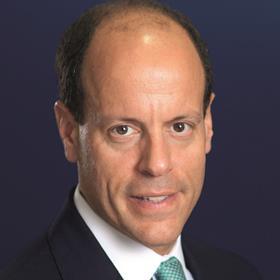September always brings a sense of going back to work and starting a new year with the lessons of the old.

But this September feels very different. This time we go back with a new awareness of our mortality and, for too many of us, without people that should still be here. Some of us have been lucky enough to have the invaluable support network of our families, be they under the same roof or in touch through new Zoom-based rituals, but this support is not universal.
On the same day that it was announced that the British economy shrank a record 20.4% in the three months to June, another, less-attention-grabbing report by the BBC’s Panorama reframed the implications of spending more time at home: two-thirds of women in abusive relationships suffered an increase in violence from partners during the pandemic. Refuge, the UK’s largest domestic abuse charity, reported a 700% rise in calls to its helpline in a single day. For some, lockdown was tantamount to a sentence.
Meanwhile, a Women’s Aid survey showed 38 of 45 service providers had reduced or suspended at least one service as of April 6, including provision of shelter, from a level that already fell short of Council of Europe standards. In April, campaign groups asked hotel chains to open up rooms to those fleeing abuse. This shows a structural need for more reliable accommodation for vulnerable women in the UK.

Which is why we set up the first-ever gender lens property fund, Women in Safe Homes (WISH) with fellow impact investors Resonance and Big Society Capital. The aim was to buy assets to address the lack of affordable, safe and secure homes for women experiencing homelessness or with other complex needs. We can create a return through rent and capital appreciation using our investment background and network, while helping those who need it the most.
Increasing awareness
Underlying social issues may have been exacerbated by the pandemic, but so has our awareness and understanding of them. Crucially, in a market where many are scrambling to understand structural changes and provide realistic valuations, there is a supply-and-demand imbalance that makes impact investments attractive.
I believe we are on this earth for a reason, and if we’re in a position to help others that this is what we should do. This is not an act of charity or a zero-sum game, but one with significant upsides for every stakeholder, whether you are an institutional investor or beneficiary of any of the charities we will partner with to execute WISH’s strategy.
It is important to seize this unique moment to build back better, not only to help us grow out of this crisis but to make us more robust for when the next one hits. How will you remember this year? There is an opportunity to make it for the right reasons.
Keith Breslauer is managing director of Patron Capital






























No comments yet